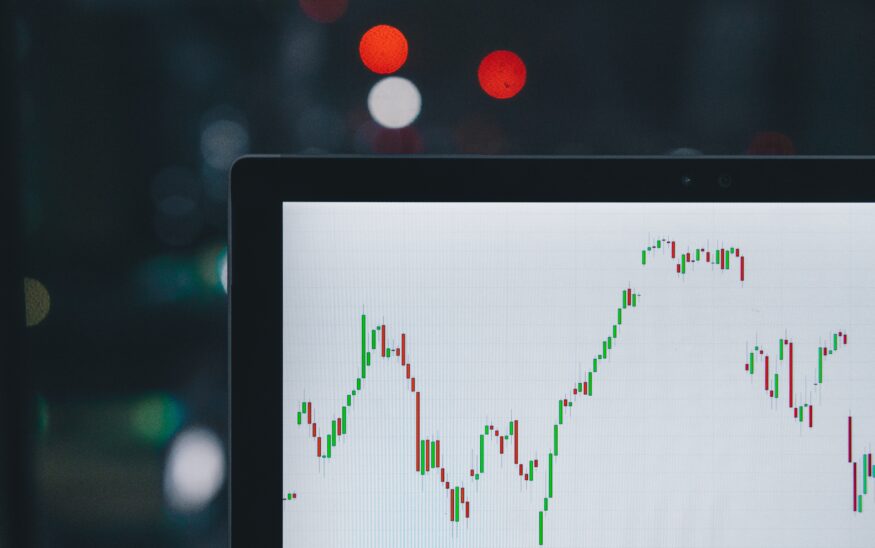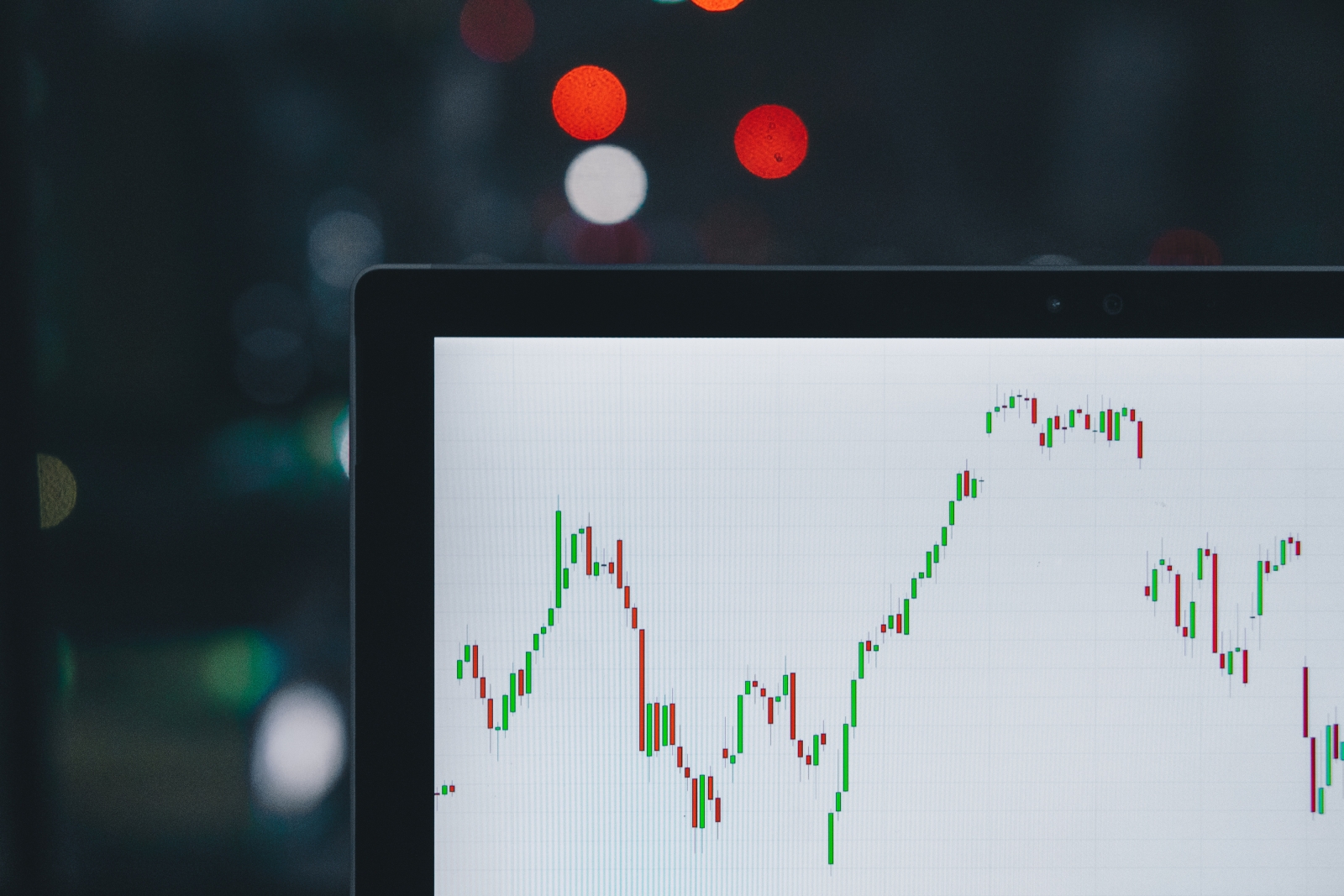A Rear-View Mirror Financial History Lesson
Though the reasons behind the fall of '98 are different from the most recent downward volatility, there are some similarities
Kevin McNab //October 23, 2018//


A Rear-View Mirror Financial History Lesson
Though the reasons behind the fall of '98 are different from the most recent downward volatility, there are some similarities
Kevin McNab //October 23, 2018//

As the leaves began to fall and frost started covering the ground overnight, cable news took a brief break from its political coverage to spread fear following an 832-point drop in the Dow Jones Industrial Average (DOW) – the third-largest point decline ever. Words like “bloodied” and “battered” were tossed around after the sell-off. Talking heads placed blame on various factors, while investors had varied reactions ranging from confidence to panic. As Wednesday, Oct. 10 came to a close, I sat back in my office and reflected on the reason behind the dramatic fall. What came to my mind was a day nearly 20 years ago.
1998 BEAR MARKET
In August 1998, I was fresh out of college and just months into my first job with the title personal financial advisor. I purchased my first cell phone which was the size of a brick. I was green as can be, but motivated, young and ready to achieve my sales goals. I got several new clients and the markets were flying high. My clients were happy, and the economy was booming.
That is, until Aug. 31, 1998.
This infamous date was when the DOW fell by 512 points – the worst one-day point loss in history, wiping the entire stock market gain for nearly a year. By percentage, this was a much bigger drop than what we recently encountered. News outlets were using terms like “global turmoil” and warning of the end of the tech boom and a crashing stock market. Over a two-month period this summer, in an otherwise booming economy, large-cap stocks lost over 15 percent. Over one-third of that came in a single day. Small-cap stocks, mid-cap stocks and emerging markets stocks fared worse with well more than a 20 percent lost.
And then, a crazy thing happened– Stocks rebounded … quickly … and with no looking back.
Over the next 18 months, large-cap stocks recorded nearly a 60 percent return. While emerging markets, the dog of the market decline, returned triple digits during this time.
This was a very quick learning curve in the first few months of starting my advising career.
TODAY
Hindsight is, so they say, 20/20, and trying to time the markets is a dangerous pastime. Though the reasons behind the fall of 1998 are different from the reasons behind the most recent downward volatility, there are some similarities.
First, both drops were quick and came during a bull market with stocks at all-time highs. In both cases, unemployment was historically low, the economy was booming, and technology was leading the way. Look no further than the tech stocks of the late ‘90s and the FAANG (Facebook, Amazon, Apple, Netflix, and Google) stocks today as the foundation of rising markets.
Of course, there are some differences both good and bad.
Today, we have political turmoil in Washington with partisanship and a blooming trade war with China. There are also robust corporate earnings from not only established companies but also tech companies. Looking back at the late-‘90s, it is now hard to justify some of the valuation of stock prices of tech companies.
With corporations ready to reap the benefits of substantial tax cuts, solid corporate earnings and full employment, today’s market may have a few more months of gas in the tank.
TAKEAWAYS FROM 20 YEARS PAST
Billionaire investor Warren Buffett wisely said:
There are many things that can derail this magical bull market, including political instability, a trade war, wildly rising interest rates or an aggressive Fed. The stock market will tell its story and economists will look back and it will all make sense.
Benjamin Franklin famously said:
I would add one more thing, the stock market will be volatile and, at times, crash. While our historically long bull market continues to move forward, I see much more similarities with 1998 than I do with 2008.
























